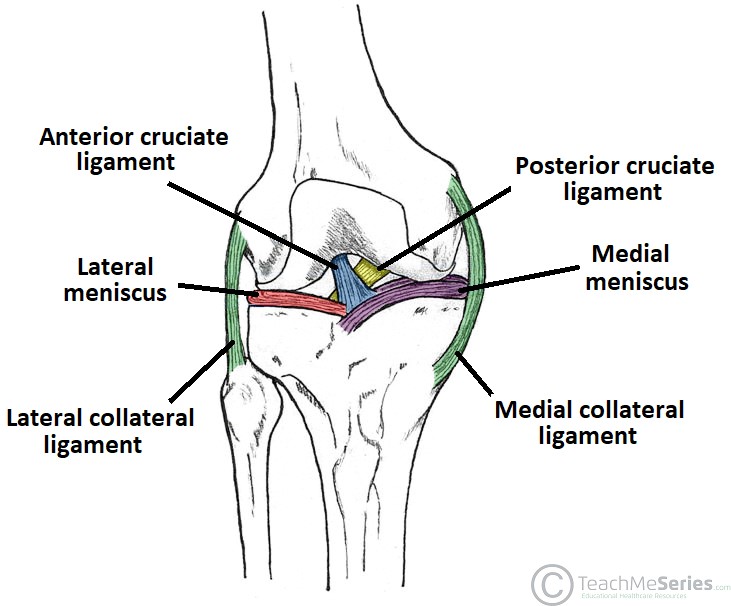What are they?
Ligaments including the lateral Collateral Ligament (LCL)attach bone to bone. There are four main ligaments at the knee:
- Anterior Cruciate Ligament (ACL)
- Posterior Cruciate Ligament (PCL)
- Medial Collateral Ligament (MCL)
- Lateral Collateral Ligament (LCL)
The LCL runs from your outside of your Femur (thigh bone) to your Fibula (thin lower leg bone)
How do they get injured?
The runs from your outside of your Femur (thigh bone) to your Fibula (thin lower leg bone) acts as a secondary stabiliser for the knee after an injury to the Cruciate ligaments to prevent anterior and posterior translation. They also are there to protect your knee from buckling outwards (Varus movements). The most common forms of injury are through contact sports, non-contact hyper extension, non-contact Varus stress.
What does it feel like?
Ligament ruptures can be extremely painful and often cause immediate swelling at the injured area. Often people feel or here a ‘pop’ at the time of injury with a feeling of instability. Your physiotherapist or doctor can diagnose an LCL injury with some simple tests as well as rule out other associated problems. If we suspect an LCL rupture you will be referred to a specialist and further investigations may be done such as Magnetic Resonance Imaging (MRI) to confirm the injury. If you have completely torn your LCL you may be recommended a surgical procedure to repair the rupture.
How can Back In Action Physiotherapy help?
One of the most common symptoms of an Lateral Collateral Ligament (LCL) rupture is loss of full movement and strength in your affected leg. Here at Back in Action Physiotherapy we can work to regain movement with hands on techniques such as mobilisations and massage, and help to maintain and build strength in your leg. You will probably find it difficult to walk on your leg so we will work on getting you back on your feet. We can discuss options with you including conservative rehabilitation and/ or surgery. Strengthening your knee before surgery is also important to ensure the best post- operative outcome. It may take up to 6 months to be back to normal after this injury.

